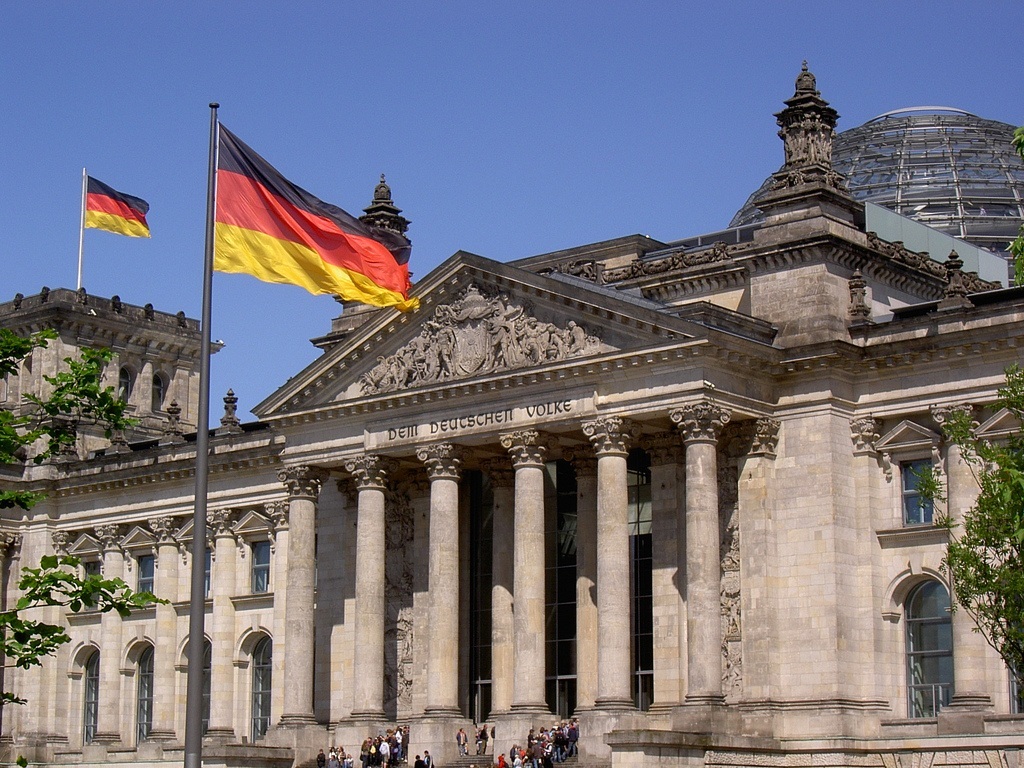This is an English version of a blog written by Andreas Hübers, Policy Advisor at ONE Germany, and originally posted on the ONE Germany website in German.
Recently the German radio station, Deutschlandradio Kultur, had a feature called “The resource curse – Why so many countries remain poor despite abundant natural resources“, during which I had the possibility to speak. An example of this apparently paradoxical phenomenon is Zimbabwe, where the ruling President Mugabe managed to secure his power with revenues from the extractive sector. So what is needed to avoid the waste of Government revenue?
Transparency is the answer. This is also how the EU sees it and the reason why it has set an international standard for the disclosure requirements in the extractive industries through the combination of two directives. The Accounting Directive requires that large non-listed European forestry and natural resource companies publish all payments made to governments in extractive countries in detail. The Transparency Directive ensures that the same rules apply to publicly listed companies in these same sectors.
About four years after the European Commission first gave the go-ahead to these proposed directives, the German Bundestag has today decided to pass the “Bilanzrichtlinien-Umsetzungsgesetz”, the Act to implement the respective directives, reaching the finishing line. It might be a long name for an already long legislative text and accounting definitely doesn’t sound very exciting. But it is extremely important in the commodities sector when it comes to the disclosure of payments to governments, as shown by the example of Zimbabwe. Firstly, it helps detect corruption, and secondly, it also supports civil society. If the citizens of a country know what revenue their state gets from the extractive industries, they are then able to check with their governments where the schools, hospitals and roads that can be built with the revenues from natural resources actually are.
ONE has worked with Transparency International, Publish What You Pay and many other German and international partners for about four years to reach this moment. In January 2011, transparency pioneers, including Prof. Peter Eigen, Bright Okogu, Dr. Bernd Pfaffenbach and the German State Secretary Gudrun Kopp, called for mandatory transparency of payments in Germany. In 2012, a petition signed by 160,000 ONE supporters was presented to the German Federal Ministry of Justice. Since then, ONE has worked tirelessly with many supporters and partners towards the implementation of the mandatory disclosures of payments in the extractive industries.
The German Bundestag has now fully implemented the Accounting Directive, and has included important details such as a very detailed breakdown of all payments and a clarification that there will be no exceptions. The joy is slightly tarnished by the fact that sanctions in case of non-compliance could have been higher to really have the desired deterrent effect. Moreover, it would have made more sense to publish the reports on the payment information portal https://www.govdata.de/ for African civil society rather than rather unknown “Bundesanzeiger”, an official German publication used by the German Department of Justice to announce laws and other mandatory legal announcements by the private sector.
Overall, however, the Bundestag has ensured that today is a bad day for all commodity autocrats and backroom dealers. And it is a good day for African journalists and citizens who are now eager to see the first reports in the summer of 2016.











